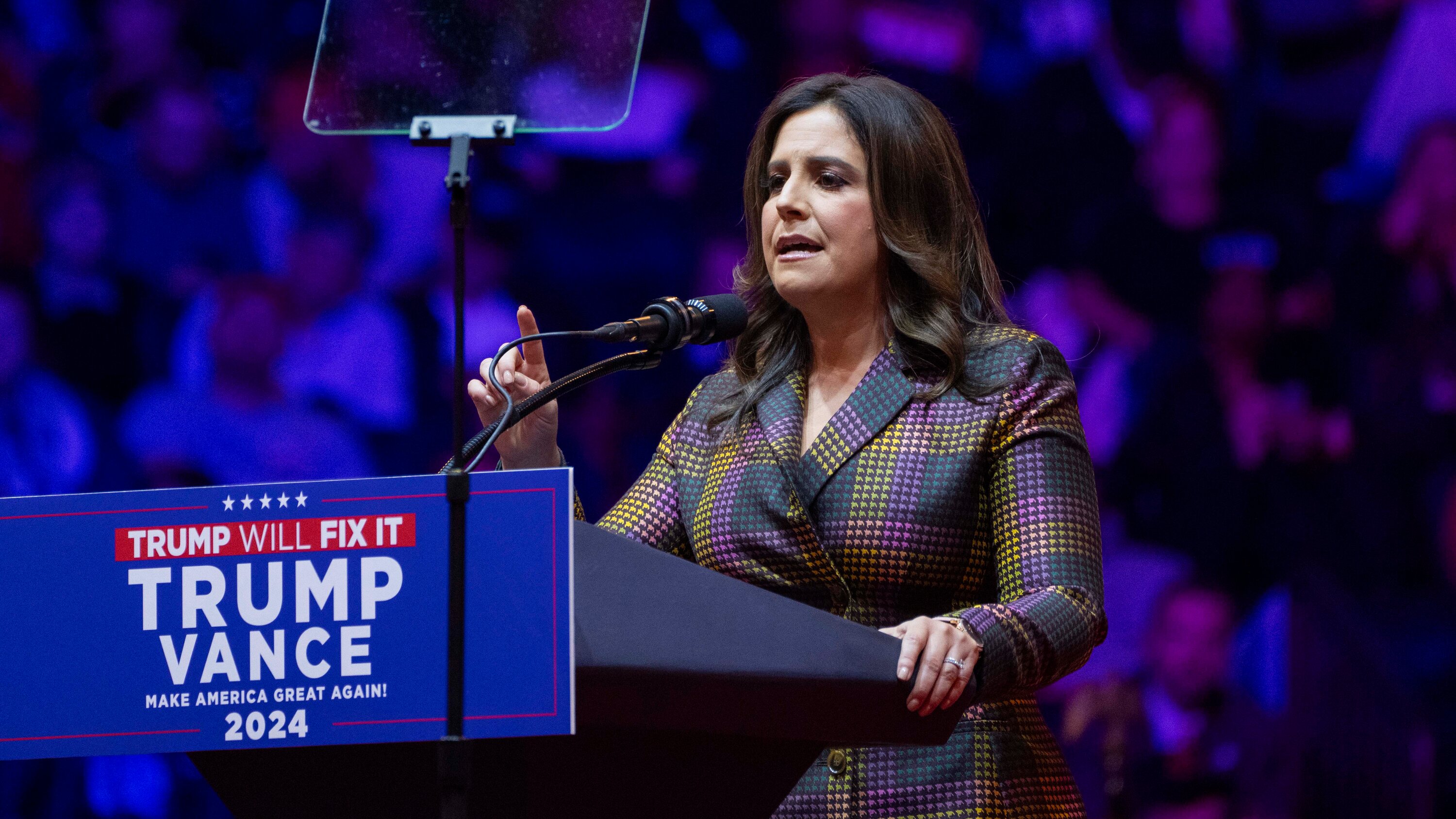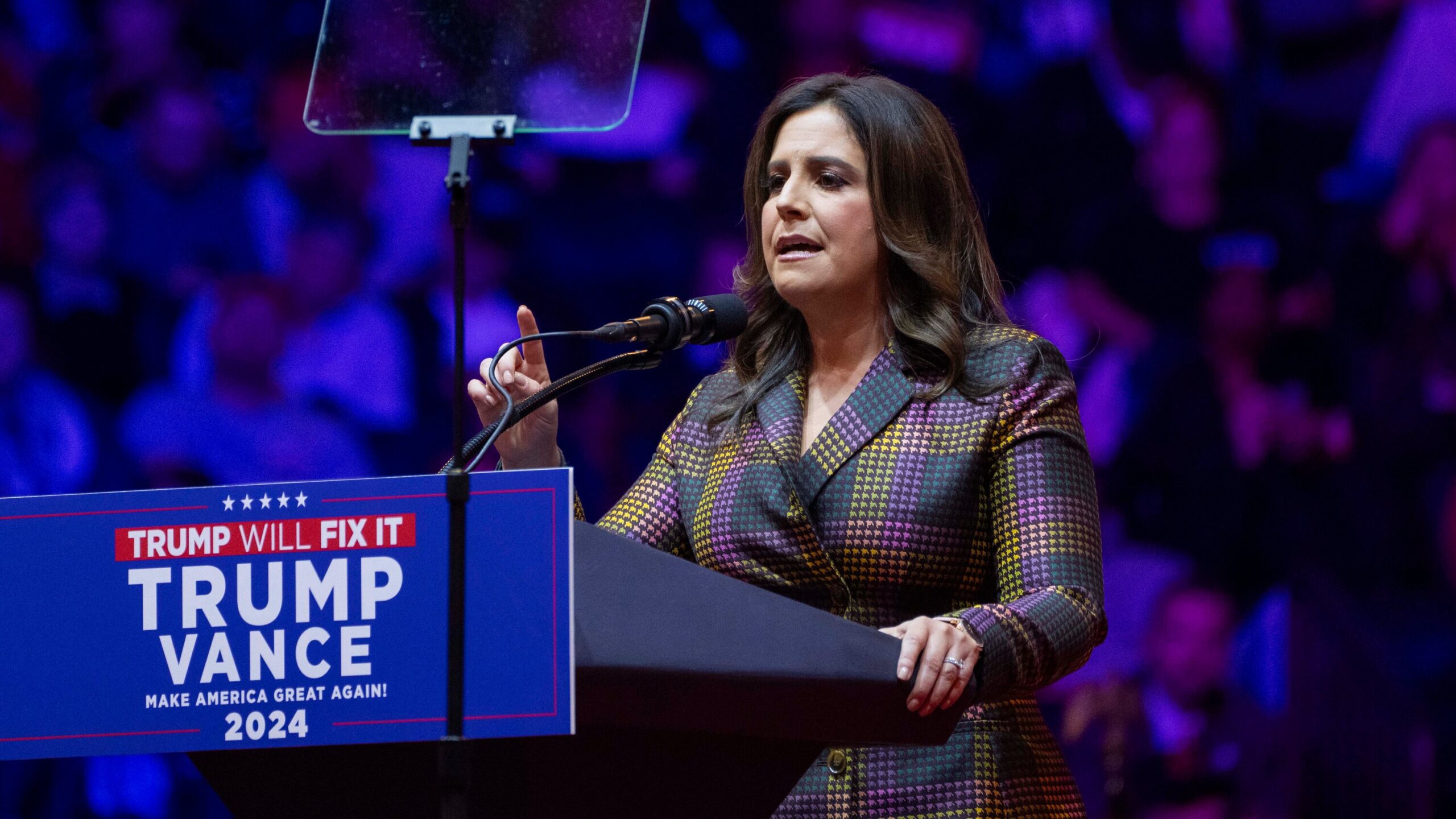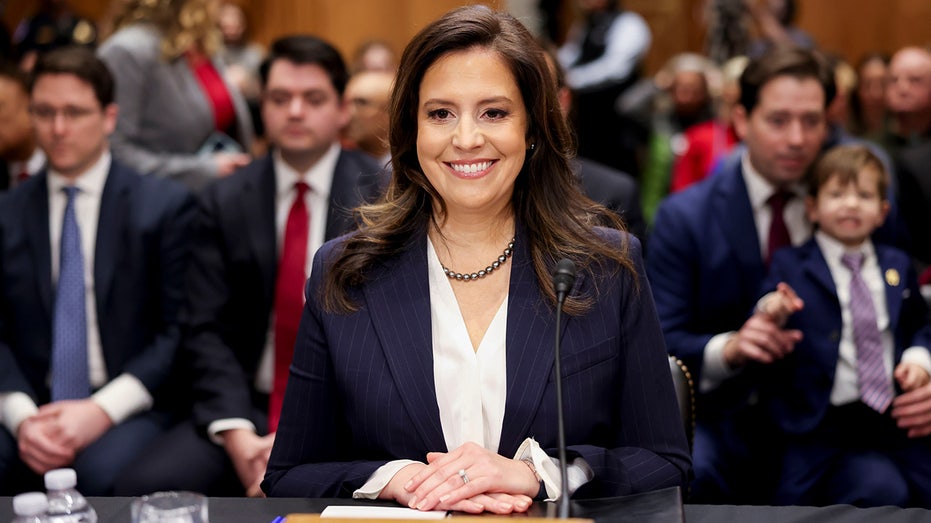
Trump Administration’s Commitment to Fight Antisemitism Post-Hamas Attack
TEL AVIV – In the aftermath of the disturbing surge in antisemitism following Hamas’s deadly assault on October 7, 2023, the Trump Administration has reaffirmed its dedication to combatting Jew-hatred with greater urgency than before. This claim came from Amichai Chikli, Israel’s Minister for Diaspora Affairs and Combating Antisemitism, during an interview with Fox News Digital.
Strengthening U.S. Diplomatic Positions
Chikli highlighted the importance of the upcoming appointment of former Representative Elise Stefanik, a Republican from New York, as the new U.S. ambassador to the United Nations. He characterized this position as crucial in the global battle against antisemitism.
“We saw Stefanik in action during the congressional hearing on campus antisemitism,” Chikli remarked, illustrating her hands-on approach to fighting hate. He believes her confirmation as U.N. ambassador will place her in “one of the most hostile arenas: the U.N.” “We are extremely satisfied with her appointment; she is a warrior against antisemitism,” he added.
Stefanik’s Record on Antisemitism
Stefanik’s dedication to tackling antisemitism gained national attention when she chaired a congressional hearing in December 2023 focused on soaring antisemitic incidents on U.S. college campuses. During this hearing, she probingly questioned university presidents from prestigious institutions like Harvard and the University of Pennsylvania about whether calls for genocide against Jews fell within their codes of conduct.
Soon after, Republican House Speaker Mike Johnson presented a comprehensive report issued by the U.S. House of Representatives, addressing the alarming growth of antisemitism. This report, which drew from six congressional committees, laid out four actionable measures:
- Strict enforcement of Title VI to prohibit discrimination and tackle antisemitism on college campuses.
- Withdrawal of federal funding from institutions that condone antisemitic behavior or participate in boycotts of Israel.
- Mandating universities to disclose foreign funding and increasing government oversight over such contributions.
- Revocation of funding and tax exemptions for organizations and schools involved in propagating antisemitism or engaging in activities linked to terrorism.
Chikli remarked on how the report underlines the Trump Administration’s resolute commitment to eradicating antisemitism.
Confronting Antisemitism at the United Nations
In her anticipated role at the United Nations, Stefanik has pledged to confront antisemitism aggressively. She described the U.N. as a “den of antisemitism,” indicating her plans to address the corrosive atmosphere that pervades discussions regarding Israel and Jews.
Examining UNRWA: A Source of Antisemitic Sentiment?
Stefanik’s confirmation hearing brought to light her critical perspective on the United Nations Relief and Works Agency (UNRWA), an organization dedicated to aiding Palestinian refugees. During the hearing, she argued for drastically reducing funding to UNRWA, placing it “at the bottom of the list” of organizations deserving of American financial support.
This viewpoint gained traction following a decision by then-President Joe Biden in January 2024, which halted U.S. funding to UNRWA in response to incriminating evidence provided by Israel. This evidence implicated UNRWA staff in the participation of Hamas’s brutal actions during the aforementioned attack on October 7.
Chikli accused UNRWA of being an educational tool for Hamas, asserting that it disseminates anti-Israeli rhetoric and fosters hatred in its curriculum across Gaza and the West Bank, regions referred to by Israelis as Judea and Samaria.
In his words, “It takes a village to raise a child, and it takes a village to raise a terrorist. If a child is enrolled in UNRWA schools, you can be sure they are being indoctrinated to support terrorism.” He explained that Palestinian children in UNRWA schools are exposed to curricula that glorify violence against Israelis, with lessons that involve math problems centered around killing Israeli soldiers and schools named after terrorists.
In response to these allegations, the Israeli parliament passed a law in October 2024, banning UNRWA operations within Israeli territory, which is set to take effect on January 30, 2025.
Allegations of Terrorist Involvement and UNRWA’s Defense
UNRWA has faced mounting criticism over alleged links to terrorist activities, particularly following an internal inquiry confirming that at least 19 of its employees were possibly involved in the catastrophic events of October 7. Of these, nine were dismissed.
Defending the organization, UNRWA’s Director of Communications, Juliette Touma, stated that it operates with “robust neutrality systems” and intends to continue providing aid in Gaza, the West Bank, and East Jerusalem as long as possible. However, she acknowledged a lack of a concrete plan for operations following the impending Israeli ban.
Human Cost of Antisemitism: A Personal Tragedy
The human toll of the antisemitic violence in the region has been immense and deeply felt. One poignant story that underscored this tragedy is that of Yonatan Samerano, a young man reportedly kidnapped and murdered by a terrorist affiliated with UNRWA. A disturbing video showing Yonatan’s lifeless body being dragged into a vehicle went viral, igniting widespread outrage and bringing attention to the consequences of unchecked hatred.
This incident highlights the urgent need for effective measures to combat antisemitism and to hold accountable those entities that may contribute to fostering such violence. As the Trump Administration steps forward with its renewed commitment, the eyes of the world will be closely watching the impact of these policies and their potentials for change.
Conclusion
With the appointment of Elise Stefanik and the proposals laid out in the congressional report, there is an evident shift towards a more proactive stance against antisemitism in U.S. policy. The ongoing scrutiny on organizations like UNRWA demonstrates a willingness to reshape how aid is distributed in light of allegations of promoting hatred and violence. Only time will tell how these actions will unfold, but one thing remains clear: the fight against antisemitism is far from over, and the stakes remain incredibly high.


















